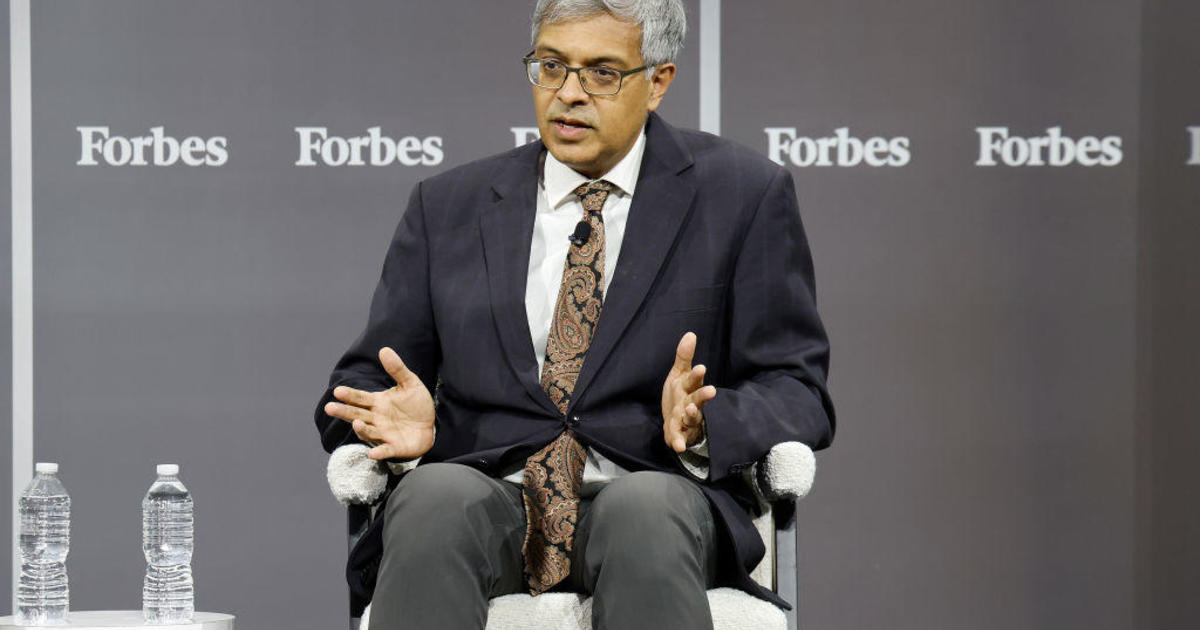President-elect Donald Trump has made a controversial decision in choosing health economist Dr. Jay Bhattacharya to lead the National Institutes of Health (NIH), the country’s premier medical research agency. Bhattacharya, a vocal critic of pandemic lockdowns and vaccine mandates, has been selected by Trump to work alongside Robert F. Kennedy Jr., his pick for the Department of Health and Human Services, in directing the nation’s medical research efforts.
In a statement released on Tuesday evening, Trump expressed his confidence in Bhattacharya and Kennedy Jr., stating that they will restore the NIH to a gold standard of medical research. The duo will focus on investigating the underlying causes of America’s health challenges, including chronic illness and disease, in order to make significant discoveries that will improve public health and save lives.
Jay Bhattacharya, a 56-year-old physician and professor at Stanford University School of Medicine, gained prominence as one of the authors of the Great Barrington Declaration in October 2020. This open letter argued against lockdowns as a response to the COVID-19 pandemic, advocating instead for a strategy of herd immunity where low-risk individuals continue to live normally while protecting those at higher risk.
During a panel discussion convened by Florida Governor Ron DeSantis in March 2021, Bhattacharya criticized lockdowns as a major public health mistake. The Great Barrington Declaration was met with mixed reactions, with some in the Trump administration supporting its ideas while others, like then-NIH director Dr. Francis Collins, dismissed it as dangerous and not aligned with mainstream science.
As Bhattacharya’s nomination for the NIH leadership position awaits Senate approval, Trump has also announced the appointment of Jim O’Neill, a former HHS official, as deputy secretary of the agency. O’Neill’s role will involve overseeing all operations at HHS and implementing improvements in management, transparency, and accountability to “Make America Healthy Again.”
Of Trump’s health-related appointments, O’Neill is the only one with previous experience working within the government bureaucracy. Other picks, such as Kennedy, Dr. Mehmet Oz for Centers for Medicare and Medicaid Services administrator, and Dr. Marty Makary for Food and Drug Administration commissioner, have all been outsiders promising to disrupt the status quo in their respective agencies.
Bhattacharya’s views have faced restrictions on social media platforms due to their controversial nature. He was also involved in a Supreme Court case, Murthy v. Missouri, which argued that federal officials suppressed conservative views on social media to combat misinformation. Despite the Supreme Court ruling in favor of the Biden administration in that case, Bhattacharya has continued to express his opinions on various platforms, including Elon Musk’s renamed X (formerly Twitter) and Bluesky.
A vocal opponent of vaccine mandates that restrict the activities of unvaccinated individuals, Bhattacharya has emphasized the importance of maintaining public trust in the healthcare system. With a background as a research fellow at the Hoover Institution and an economist at the RAND Corporation, he brings a unique perspective to the leadership role at the NIH.
The NIH, with a budget of $48 billion, plays a crucial role in funding medical research on a wide range of health issues, including vaccines, cancer, and other diseases. The agency supports researchers across the country through competitive grants and conducts its own research at labs in Bethesda, Maryland. Many significant medical advancements, such as opioid addiction medications, cervical cancer vaccines, and mRNA COVID-19 vaccines, have been made possible through NIH funding.
In selecting Bhattacharya and O’Neill for key positions within the healthcare system, Trump is signaling a shift towards a different approach to public health policy. Their roles will be instrumental in shaping the future direction of medical research and healthcare delivery in the United States.









